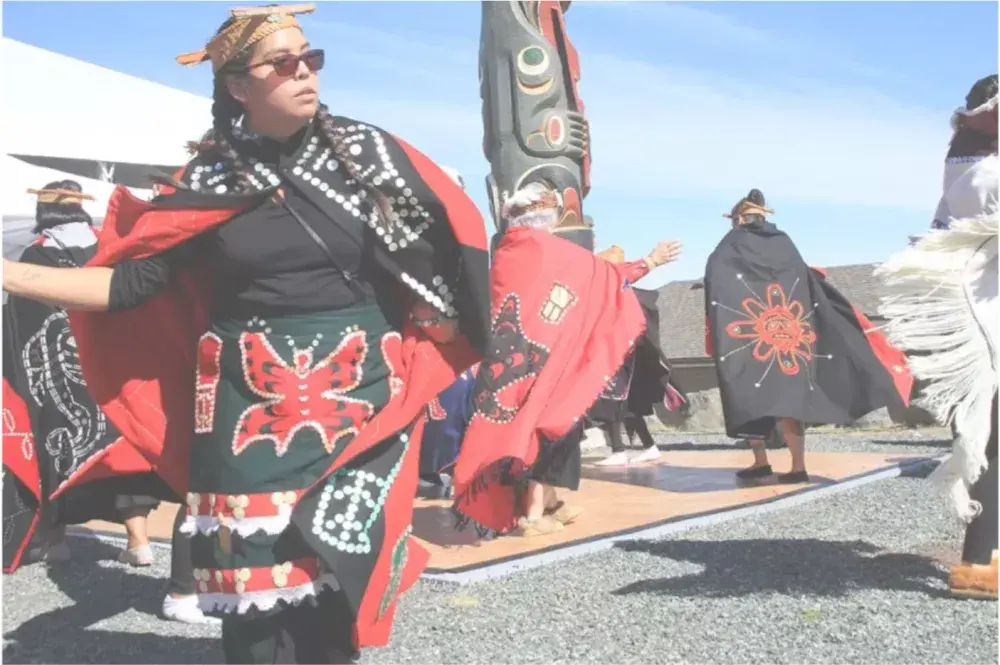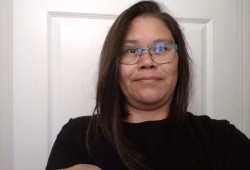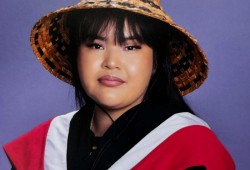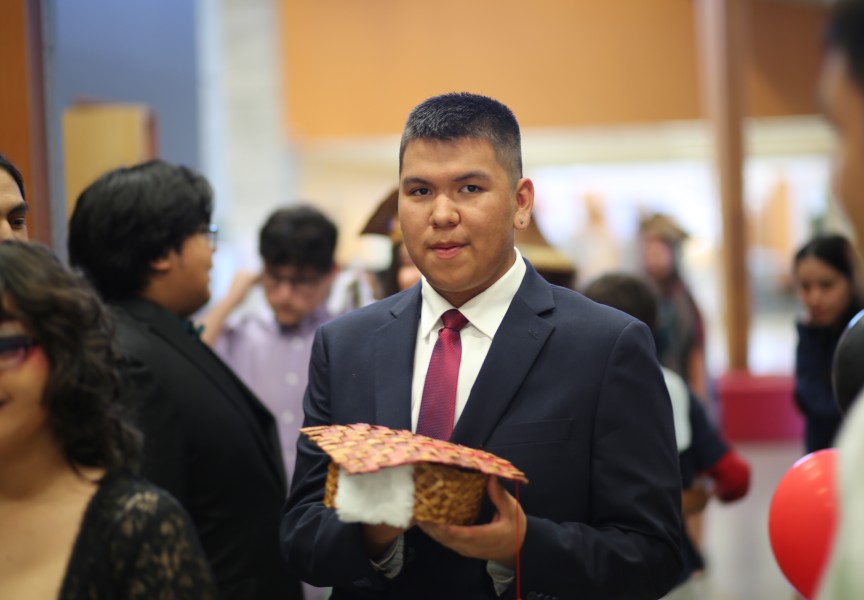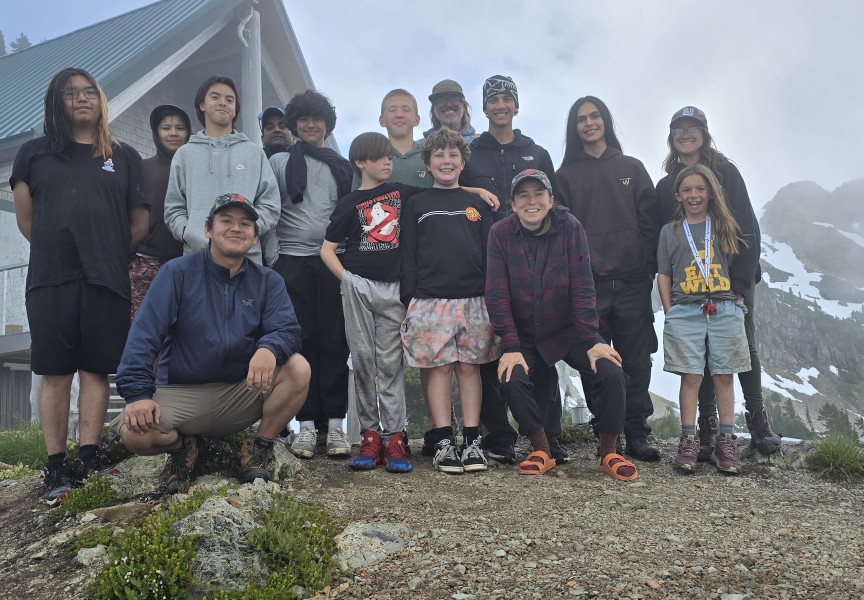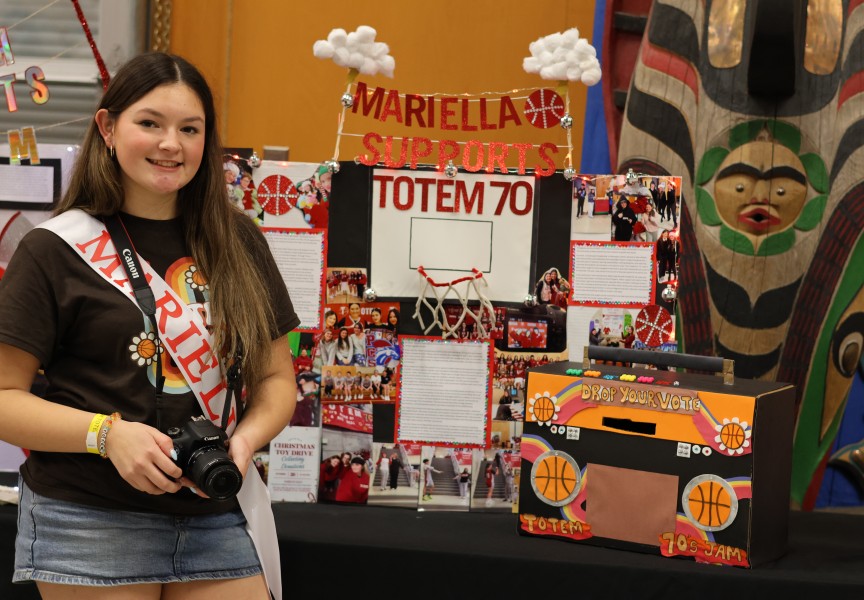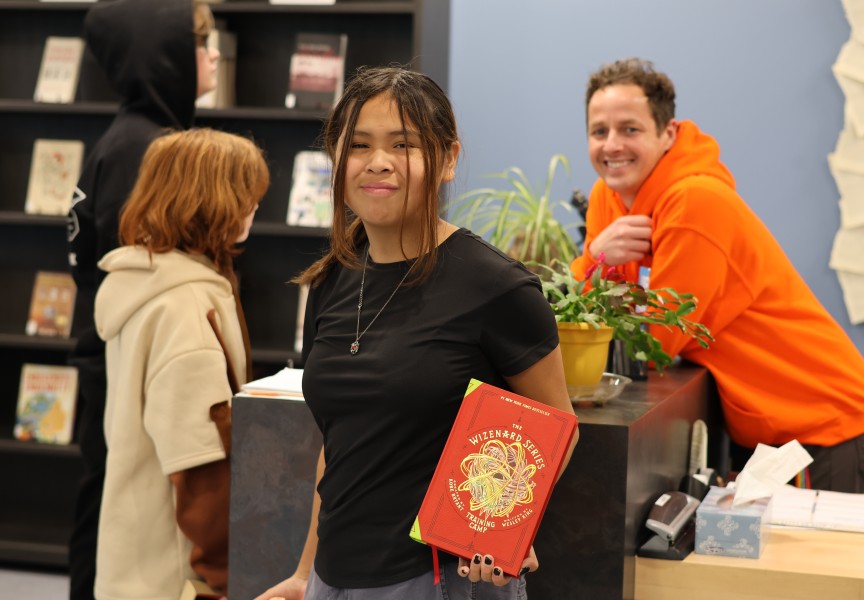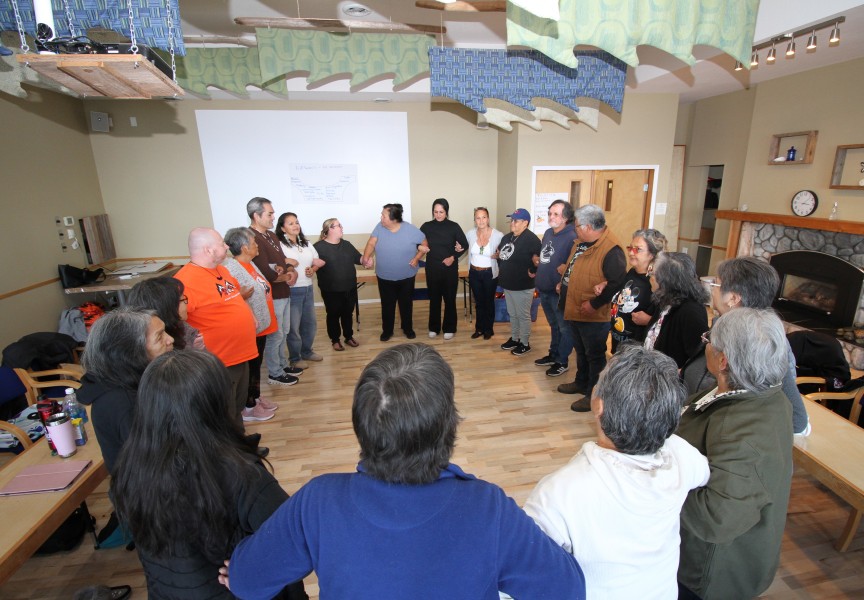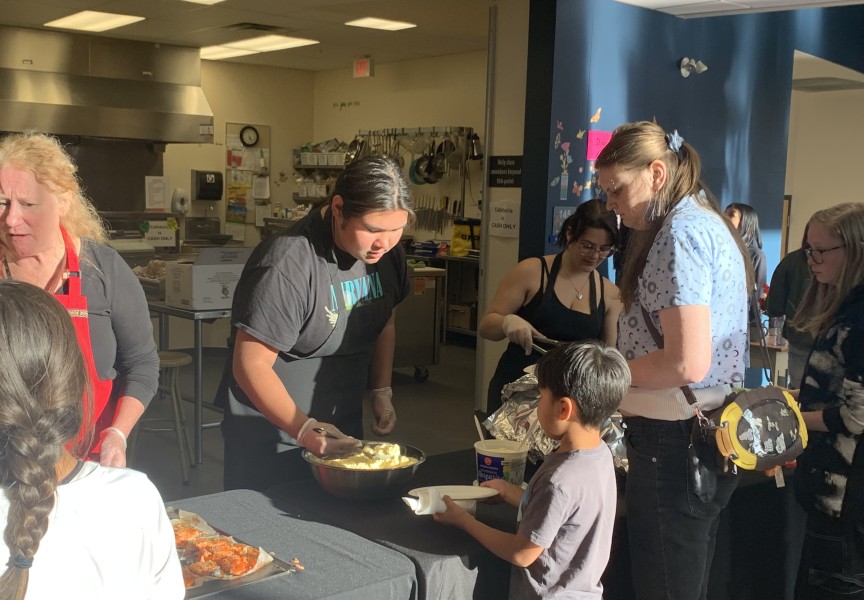Nuu-chah-nulth people are fortunate when it comes to opportunities to advance their education in colleges and universities, but without extra support, many struggle to make their living allowance last from one month to the next.
But despite these supports, the demands of studying and challenges of relocating to a city for post secondary can present a taxing situation as adult students struggle to make ends meet.
Julie John of Nuchatlaht earned her degree nearly 10 years ago and says she is scared to go back to full-time post secondary education because of how hard it was with the financial stress.
It was around the year 2010 when she left her tiny, remote Nuchatlaht community of Oclucje and went to Campbell River to begin her post-secondary education. She had to start from scratch and get her own place.
“I was poor going into the program, had no furniture,” she shared.
The only apartment she could afford was in a dangerous area, but the rent included utilities.
“When I got my own place, I was sleeping on a camping cot in the living room by my tv,” she recalled.
Furniture came from second-hand stores that sometimes gave away overstock. One of the tenants in the apartment building abandoned their unit so the landlord offered John any of the furniture she needed.
Looking back on it, John said the only reason she was okay with being there was because she didn’t have children.
“I wouldn’t live there with my child now,” she said.
John would like to begin work on a second degree but has concerns.
“It is actually scary to go to school full-time right now, because I remember going to PS (post secondary) for my first degree. I remember that 24 hours after getting my living allowance, that I did not have a dollar to my name,” she shared.
At the time, John was single.
“I would pay for my hydro, my rent, my phone/internet, groceries for one month, and all my money was gone after that,” said John.
There was no money for extras like dinner out or even a pop from the corner store.
Alicia James of Mowachaht/Muchalaht and Tla-o-qui-aht is studying at Vancouver Island University in Nanaimo. She has completed her Bachelor of Arts in Indigenous Studies and is about to enter a nursing program.
She says she receives a living allowance of $1600 from the Nuu-chah-nulth Tribal Council, which is up substantially from when she started post secondary in 2018/19, when it was about $1200 a month.
“Lucky, still live with mom,” she said.
James splits rent with her mother, which takes a large portion of her living allowance.
“There’s not a lot of wiggle room for other necessities,” she added.
James relies on the bus system for transportation and pays $200 per semester for a city bus pass. She works at Starbucks part-time to help make ends meet. On workdays, James starts her shift at 4:30 a.m., working to 9 a.m., then goes to VIU to start her 10 a.m. classes.
On weekends, James puts in 25 to 30 hours at Starbucks.
“I don’t have to pay for coffee,” she laughs.
James goes without sleep, she shared. But even with part-time work, times can be hard.
“A couple of times I had to reach out to VIU services when I had absolutely no money left,” she shared.
She was grateful to be able to get grocery cards.
For Julie John, she stretched her month supply of groceries by making food that would last.
“I would make something like spaghetti and make it last three or four days,” she shared.
By doing that, she was able to dedicate more time to studying instead of cooking. She said she also ate a lot of fish hash and canned soup.
“I am only a part-time student right now,” said John.
She now has a child and worries about the financial stress.
“Going four years without being able to go out or even to afford a pop,” is what scares John. “I couldn’t imagine doing post secondary while having a child, that’s why I chose not to get pregnant while doing my degree.”
James says it’s the unexpected expenses that cause her stress. At one point she had to come up with $200 immediately for an online course she needed. While it is a covered expense and it will get reimbursed, $200 is a big hit for someone living on student allowance.
“It was (a choice between) textbooks or groceries that week,” she remembered.
But James is grateful for what came from her hard work.
“The last couple of years I won Indspire Building Brighter Futures bursaries,” she shared.
The bursaries allowed her to take a couple of summer courses and helped with bills and groceries.
On January 30, 2025, the BC Scholarship Society announced that it provided $1.4 million in scholarship awards to more than 300 Indigenous post secondary students in the province last year. The awards make life less stressful for those struggling to make it on monthly student allowances.
The BC Scholarship Society said the Indigenous Student Awards program was created to assist in removing barriers to higher education for Indigenous students studying at all post-secondary levels, from trades training to doctoral programs.
Even with her concerns, John plans to begin work on her second degree very soon. Her young daughter is getting to an age where she’s more independent, helping John feel more confident about returning to her studies.
James has this recommendation for people contemplating going to post-secondary institutions.
“Know where to find the resources, build any kind of community,” she advised.
James says she’s part of Indigenous Studies at VIU and finds them helpful for accessing resources.
According to Kirsty Allen, a post secondary counsellor with the Nuu-chah-nulth Tribal Council, a single student supported through the NTC Education Program receives a monthly living allowance of $1600. This amount is intended to cover rent, food, travel and other daily expenses. Scholarship awards can help cover the rising costs of living.
Allen says the NTC Education Department provides scholarship information to its more than 100 supported students. While she cannot share confidential information, she says she is aware of Nuu-chah-nulth students that applied for and received scholarship awards from the BC Scholarship Society.
The provincial government provides a list of scholarships available to Indigenous students at https://www2.gov.bc.ca/gov/content/education-training/k-12/administration/program-management/indigenous-education/indigenous-scholarships
Allen says there are many awards available.
“The FNESC Aboriginal Learning links page includes links to some of the larger award programs that are available for all students to apply to,” she said.

